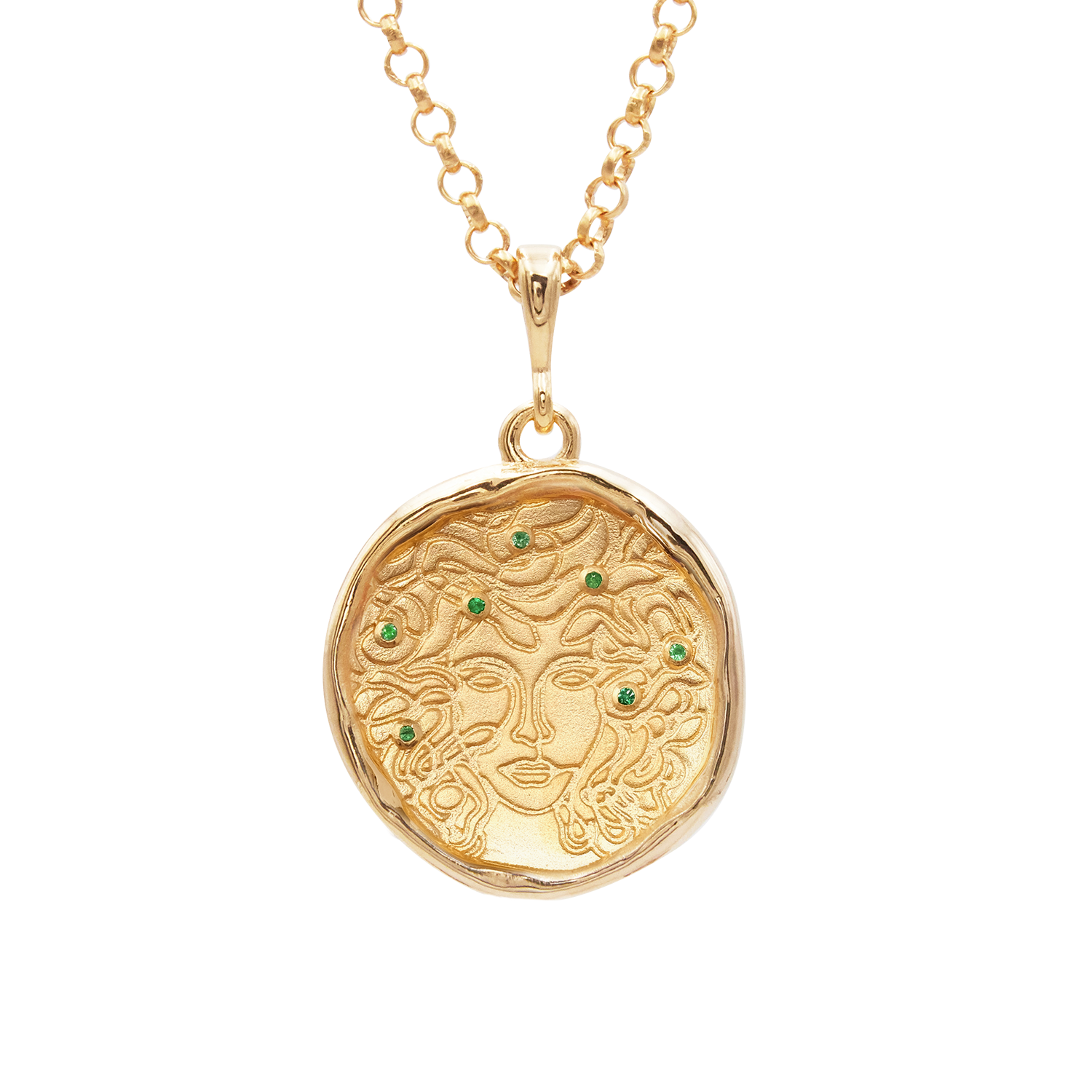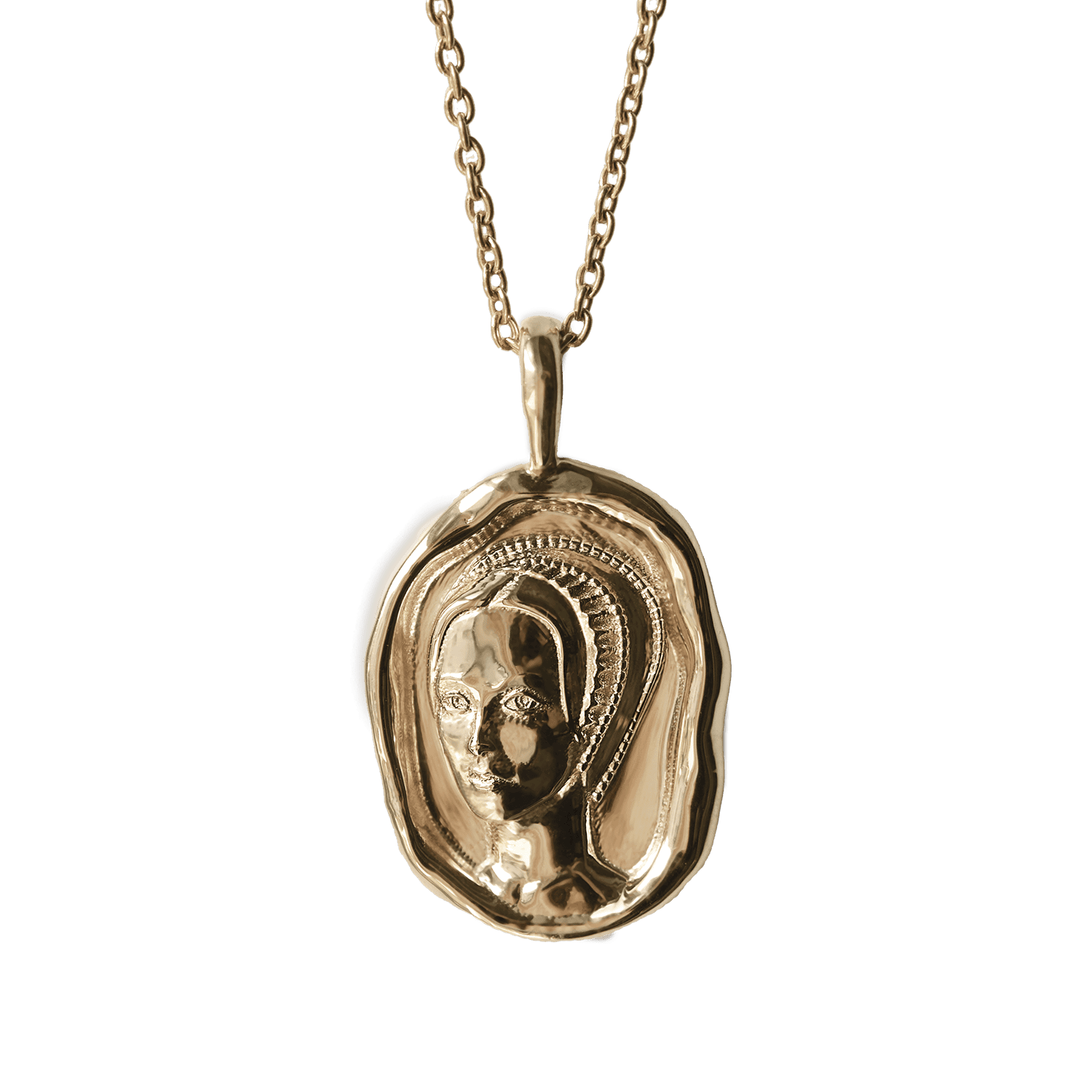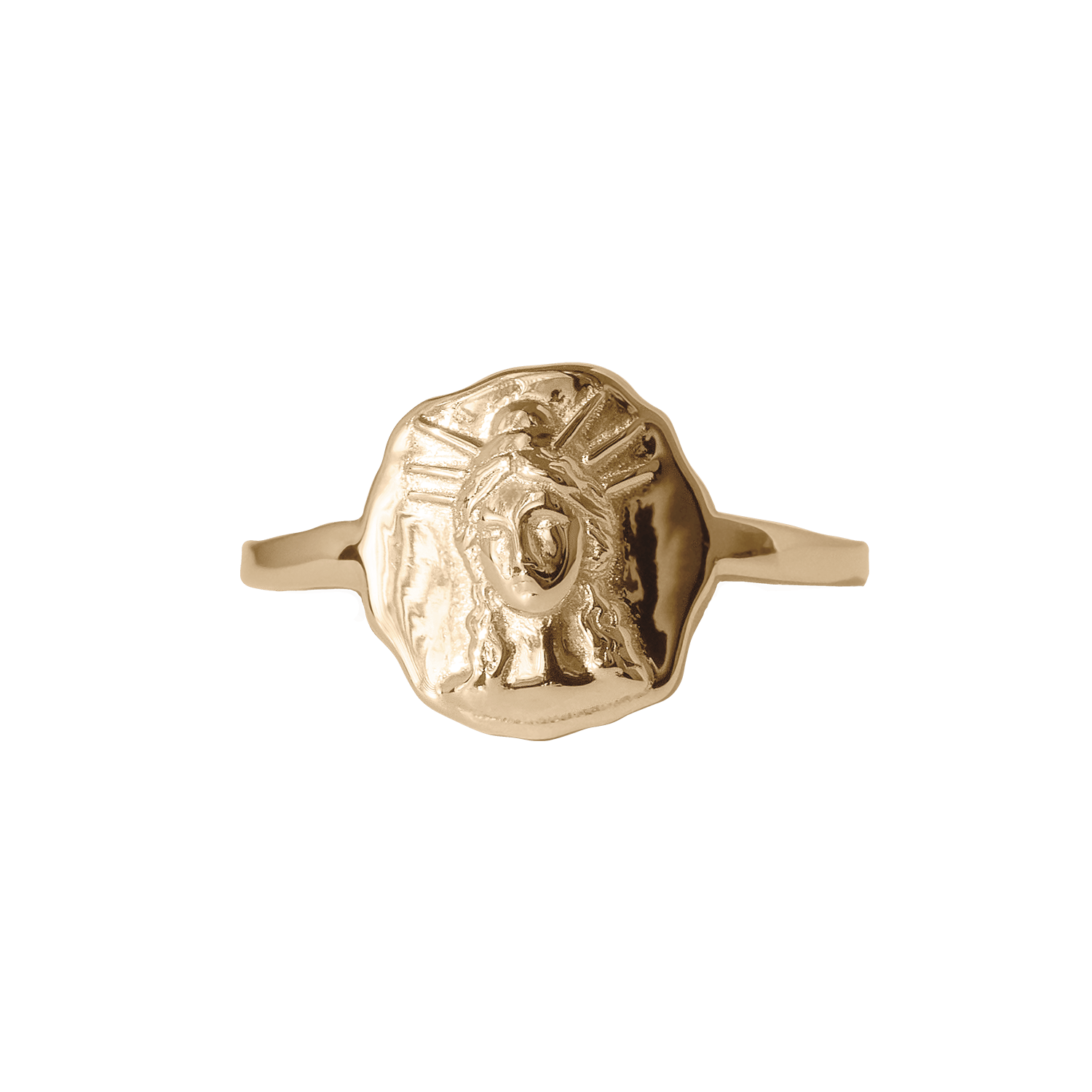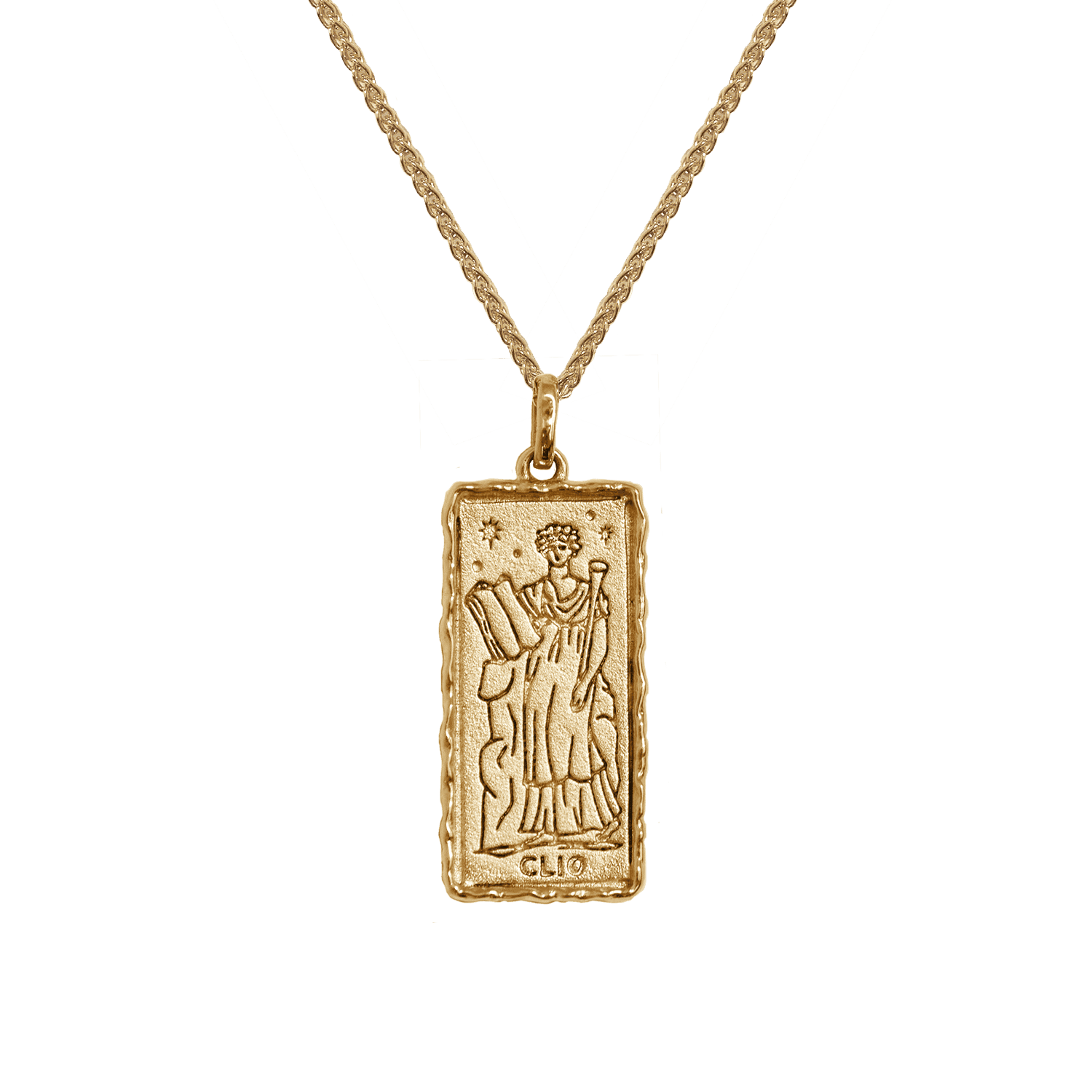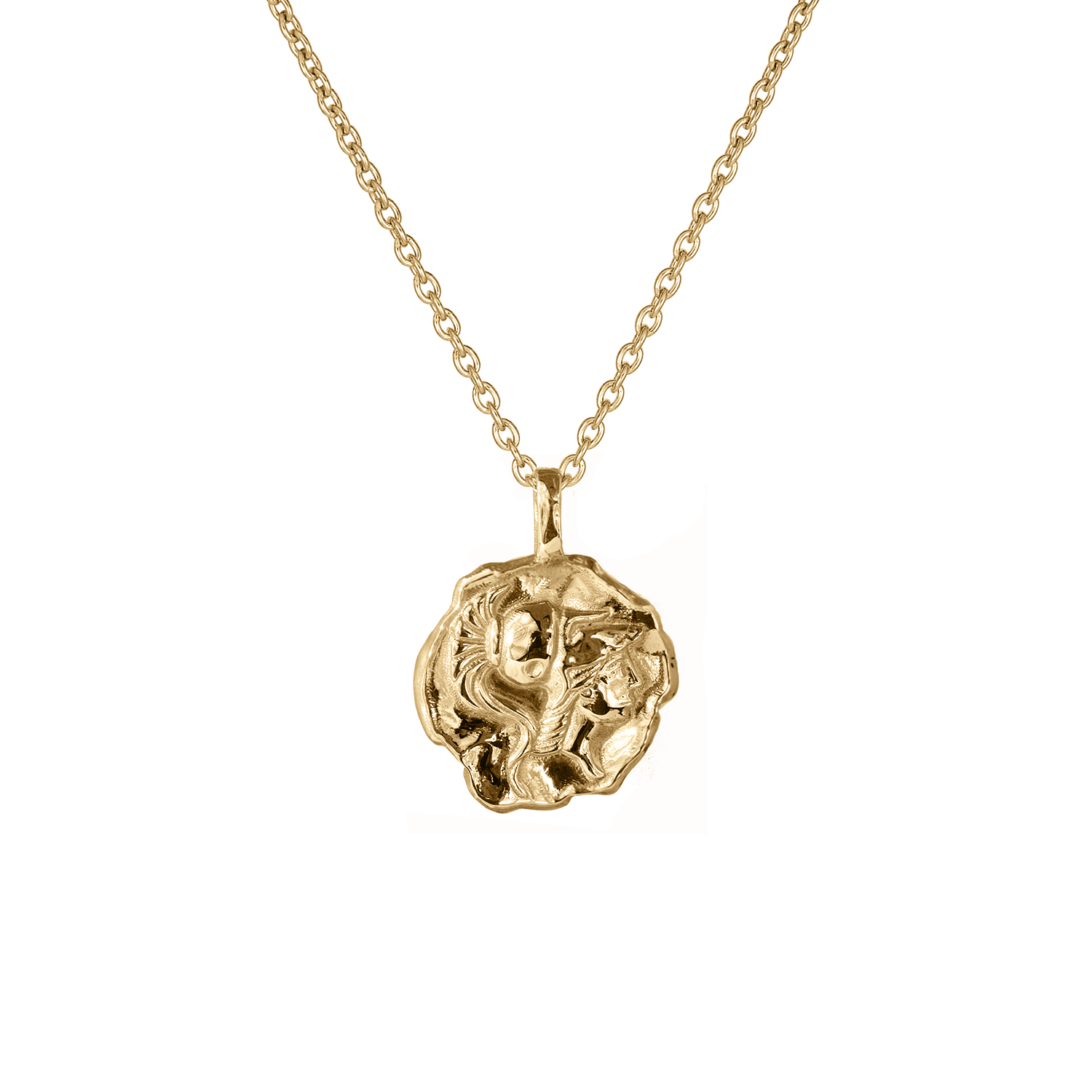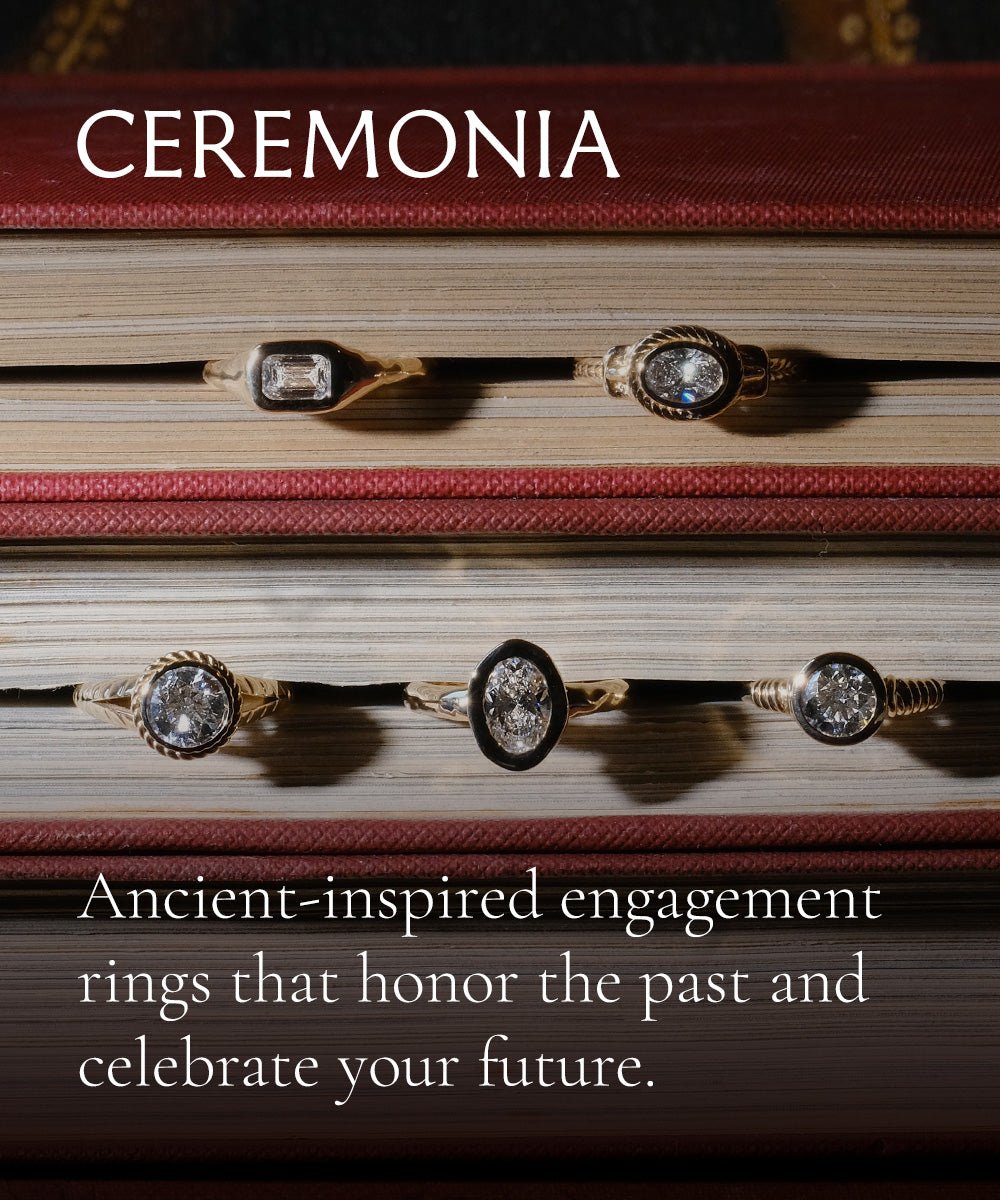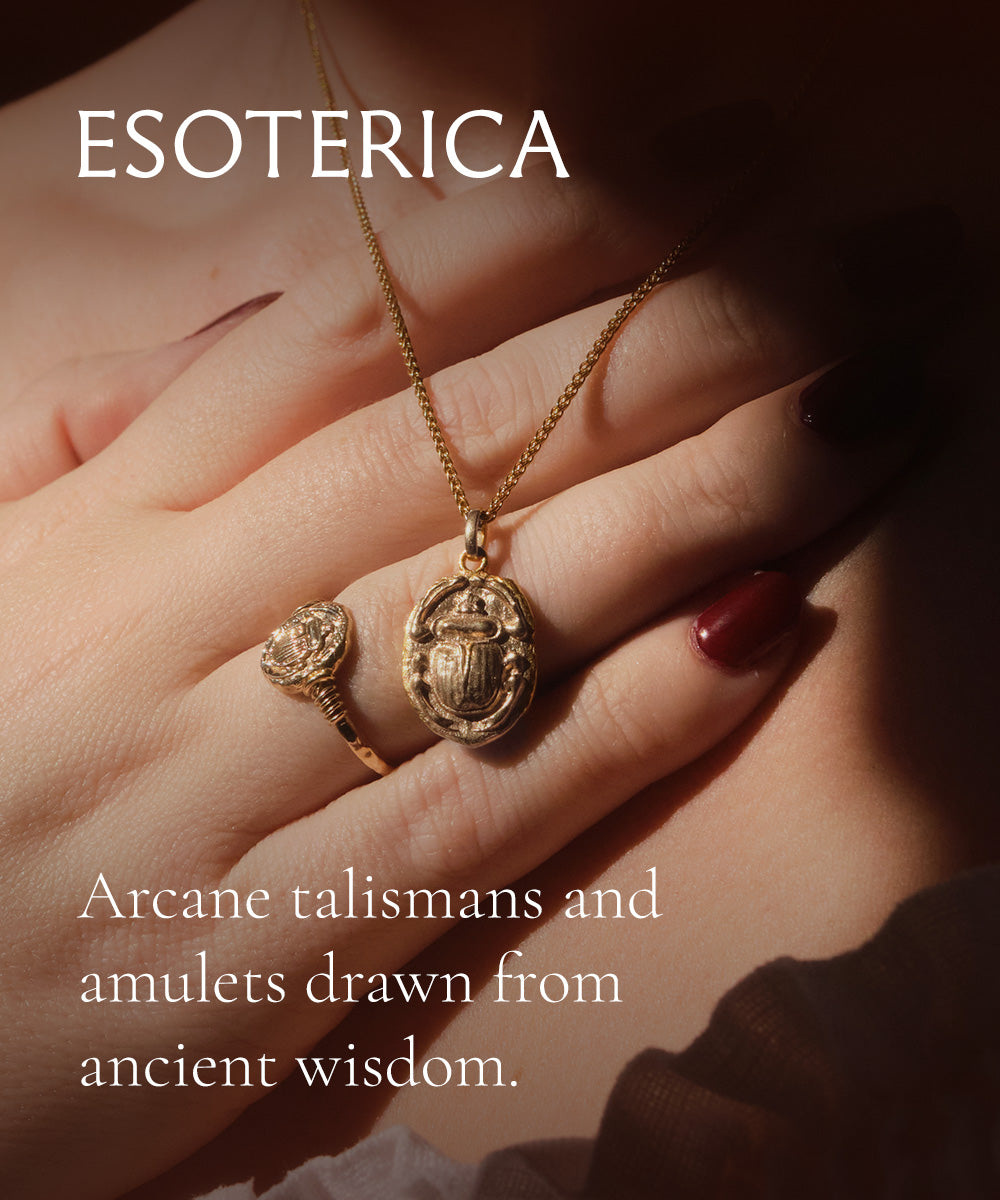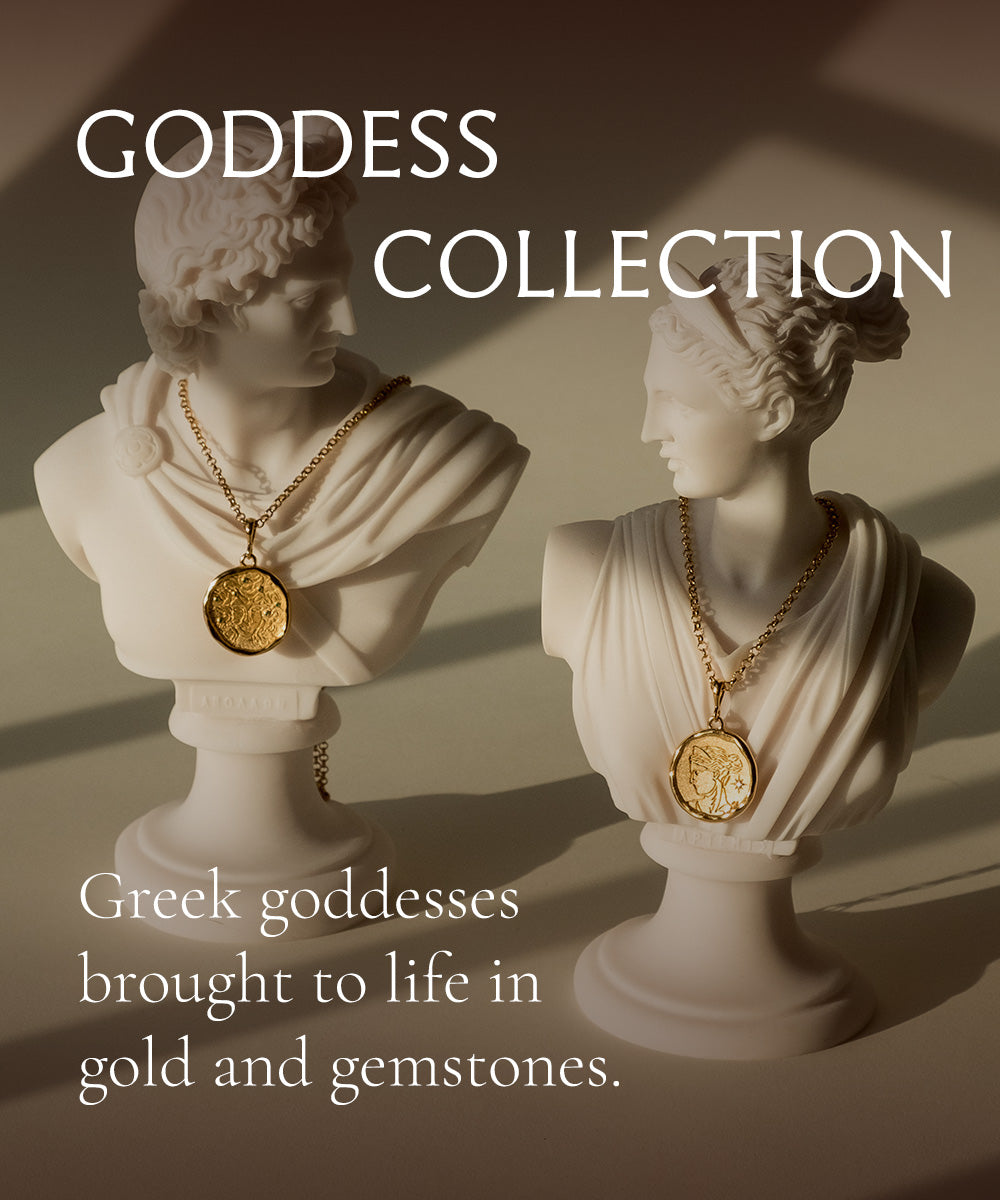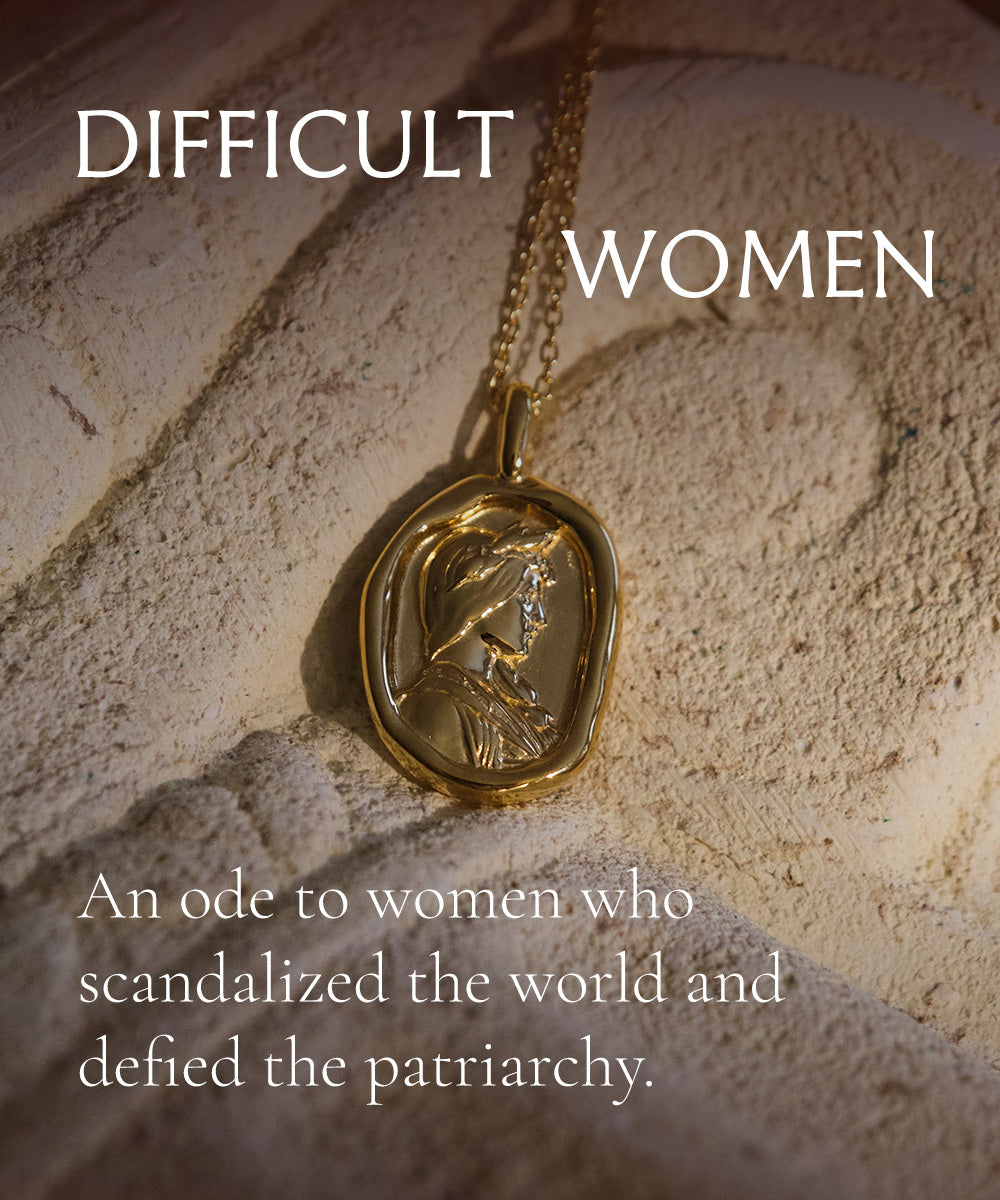It is a strongly held belief of mine that people should be given space to live authentically: that people should take time for introspection and emotional growth in order to know themselves, and, armed with this knowledge, do whatever they must in order to live a fulfilling life. This should be done free of societal pressure, and should never hurt or violate the rights of anyone else.
Rigid gender roles tend to hinder this way of living, and are simply unnecessary in the first place. Based on historical and biological evidence, as well as the word of people who deserve respect, we know that gender doesn’t fall into a strict binary, but a spectrum.
While some people may fit well enough into their society’s gender roles (which is fine, of course, as long as they have not been pressured into conforming), shoving people into boxes labeled “man” and “woman,” then insisting that they must perform masculinity or femininity based on arbitrary rules of the box they have been put into, is restrictive, and often very damaging.
In addition, femininity is seen as weaker, softer, quieter, and in all ways inferior to masculinity, which buries itself in the psyche of patriarchal societies, causing people to see all women as lesser than any man, and therefore all acts of femininity as inferior to any act of masculinity. It’s widely asserted that things in the “woman box,” i.e., reproductive labor, aesthetics, etc. are worth less than anything in the “man box,” despite the fact that those feminine-coded things produce great value economically, socially, and interpersonally.
The devaluing of femininity is damaging to all genders.
It’s clear why this is damaging to women. The patriarchy would have you believe femininity is less valuable, so those who participate in feminine acts or present as feminine (usually women) are devalued. But that’s a feature, not a bug, and women are expected to take up this space, to accept their “inherent” inferiority. So, when men and AMAB folks reject masculinity and perform feminine acts, knowingly choosing the “inferior,” it upsets this status quo, and they are treated with vitriol.
“Hegemonic masculinity marginalizes men who do not perfectly fit the description of a ‘real man.’ Because no man perfectly fits the description, all men are limited by hegemonic masculinity through policing of behaviors seen as ‘violations’” (Edwards & Jones, 2009).
It’s interesting to note that gender roles, though they seem rigid, have historically been fluid. I like looking at beauty and aesthetics as an example. The act or performance of beauty (which can include wearing jewelry or makeup, doing one’s hair, styling outfits, etc.) is currently feminine-coded, reserved for women, and therefore seen as vapid, inferior, a waste of time. But high heels, makeup, and purses were all originally designed for use by men. Men regularly wore dress-like robes and skirts for most of history (and in some cultures, they still do).
Roman soldiers wore jewelry into battle. Royalty never went without—every portrait of Henry VIII depicts him dripping with jewels. Religious men wore symbols of their faith on chains of silver and gold. For the most part, jewelry was never specific to one gender until just a few hundred years ago, and even then, men wore signet rings, dazzling gems, brooches and buckles and earrings and pins.
Men were not any less masculine for wearing jewelry back then. The only thing that changed was how society decided to view it.
Can we just let men be pretty? It’s a small step, but it’s fun, harmless, beautiful, breaks out of the “man box,” brings us a little closer to gender equality, normalizes the performance of femininity as a valid and equal space for everyone, denies those who would force all men and women into a stifling gender box, and it allows people the space to be themselves, to be free in their expression, to be true to themselves.
